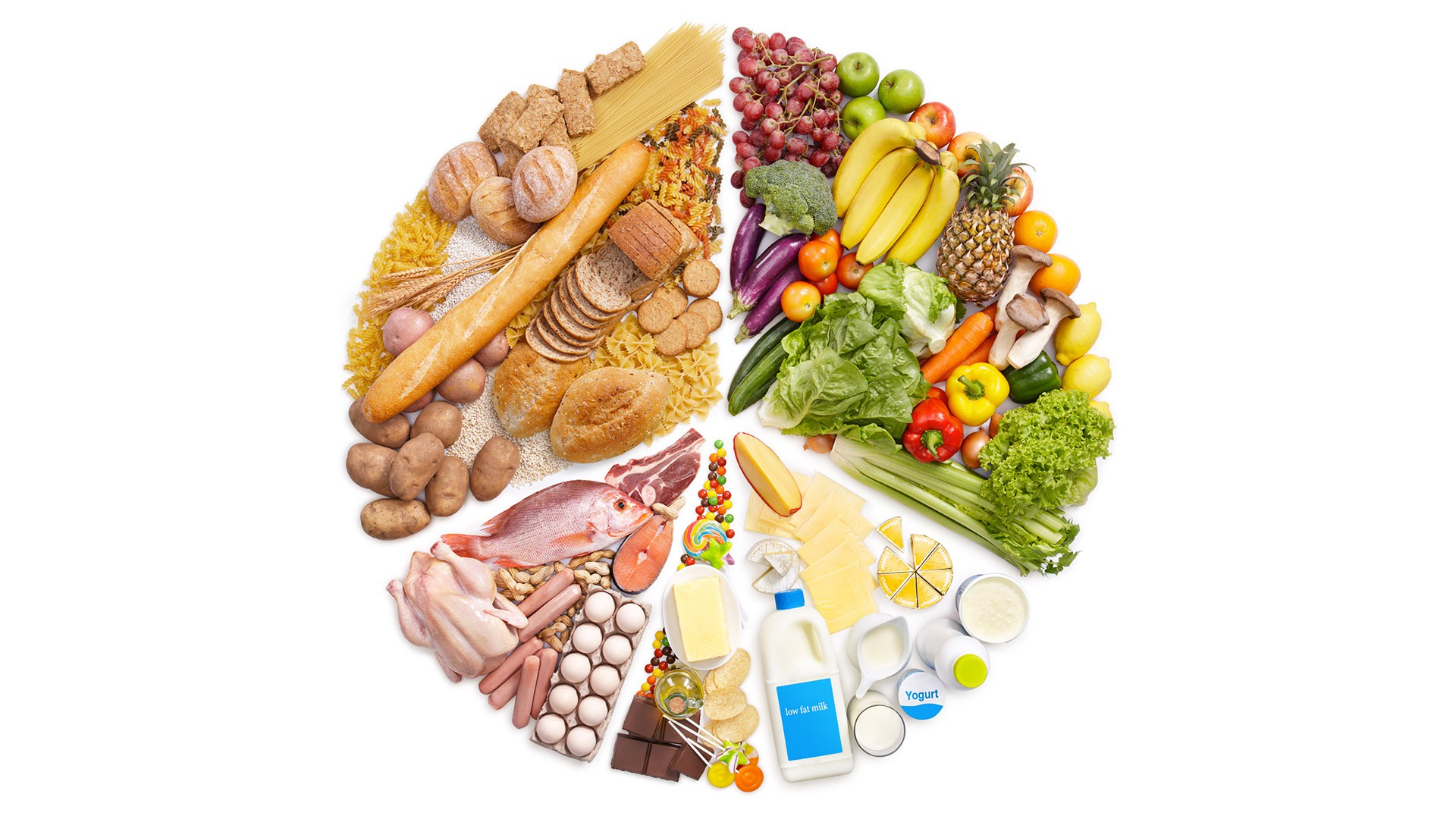
An active lifestyle and healthy, appropriate nutrition suitable for your age and exercise level are fundamental elements to health and well-being during all stages of life.
Our energy balance is a very importance concept: in fact, the lack of balance between the energy provided by food and the energy used to maintain the human organism and the daily activities it carries out is the main cause of too much or too little body weight.
The amount of energy introduced daily through food should correspond to the body’s caloric need, determined to be two-thirds of the resting metabolic rate (called “basal”). This depends on sex, age, body mass, muscle and fat composition, and environmental conditions. The other one-third is energy “burned” through physical exercise (in addition to a very small part which is eliminated through excreta).
The energy provided by food depends on its macronutrient content, the caloric density of which can range from 4 kcal/g (17 kJ/g) for carbohydrates and proteins to 9 kcal/g (38 kJ/g) for fats, and on a series of aspects which condition the effective absorption of the macronutrients themselves, such as the presence of fibre or of other compounds in the food which may limit its digestion, how it was cooked, the characteristics of the entire meal, and the properties relating to the bacterial flora which live in the intestine (microbiotics).
Once the carbohydrates, proteins and fats are absorbed, they are transformed into substrates which can act as sources of energy, through an oxidation process, or be stored as energy reserves.